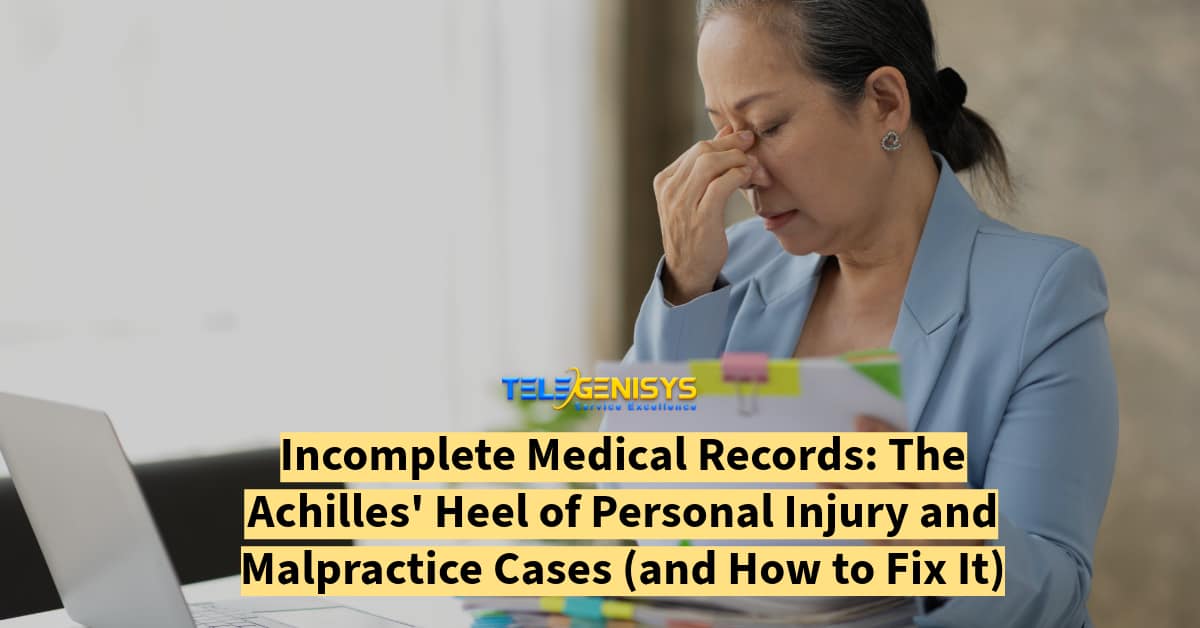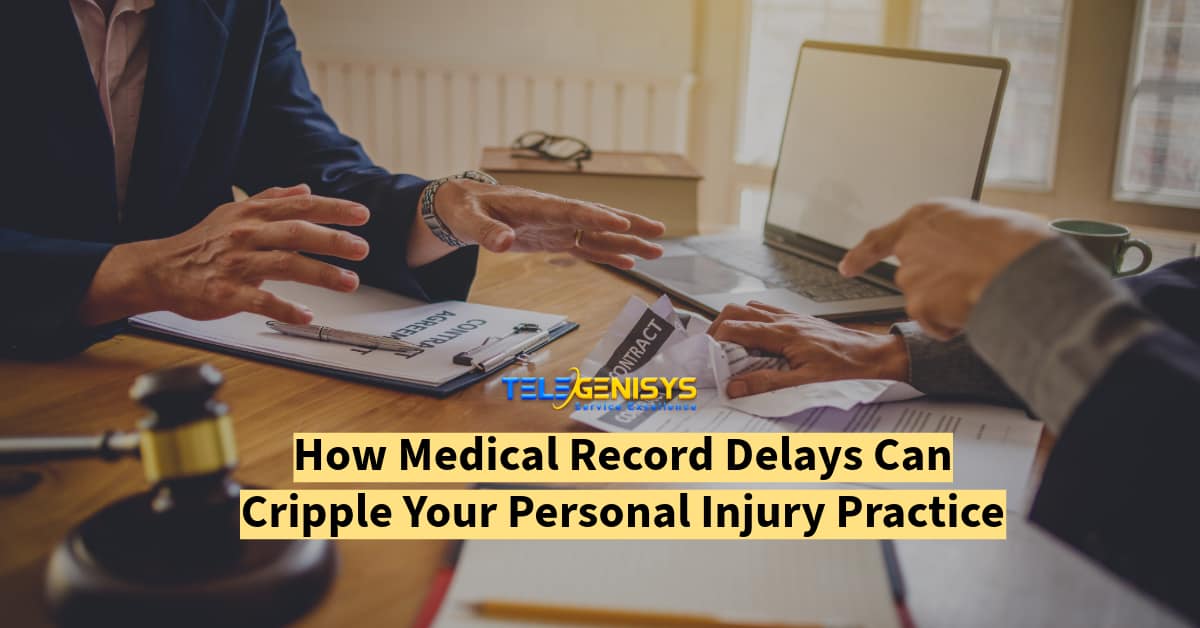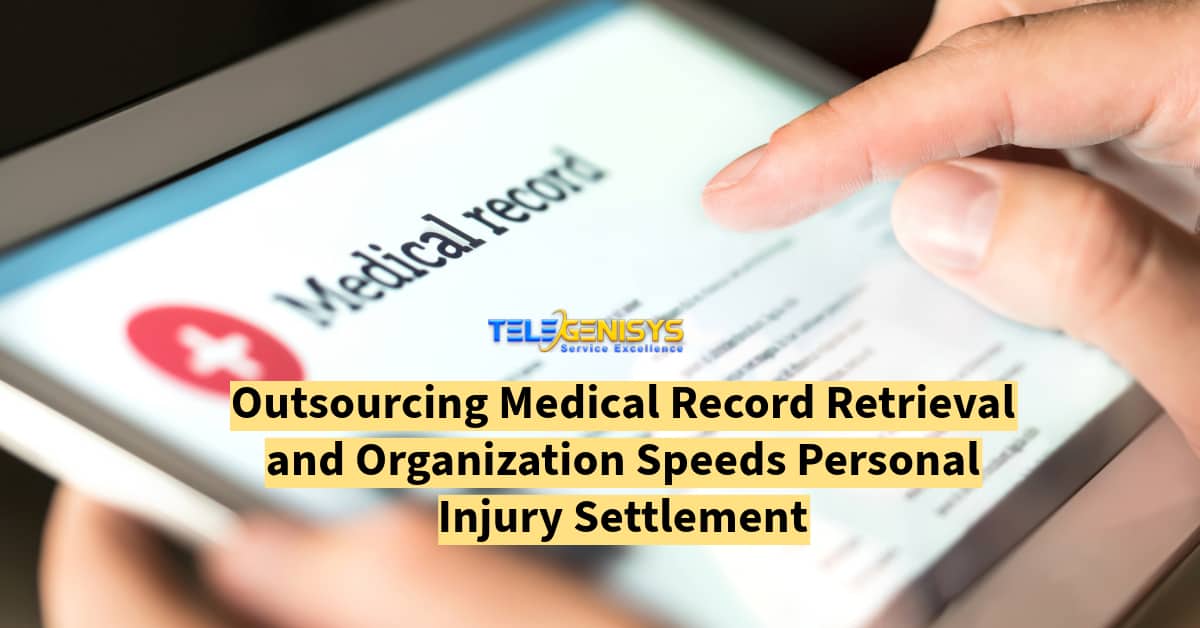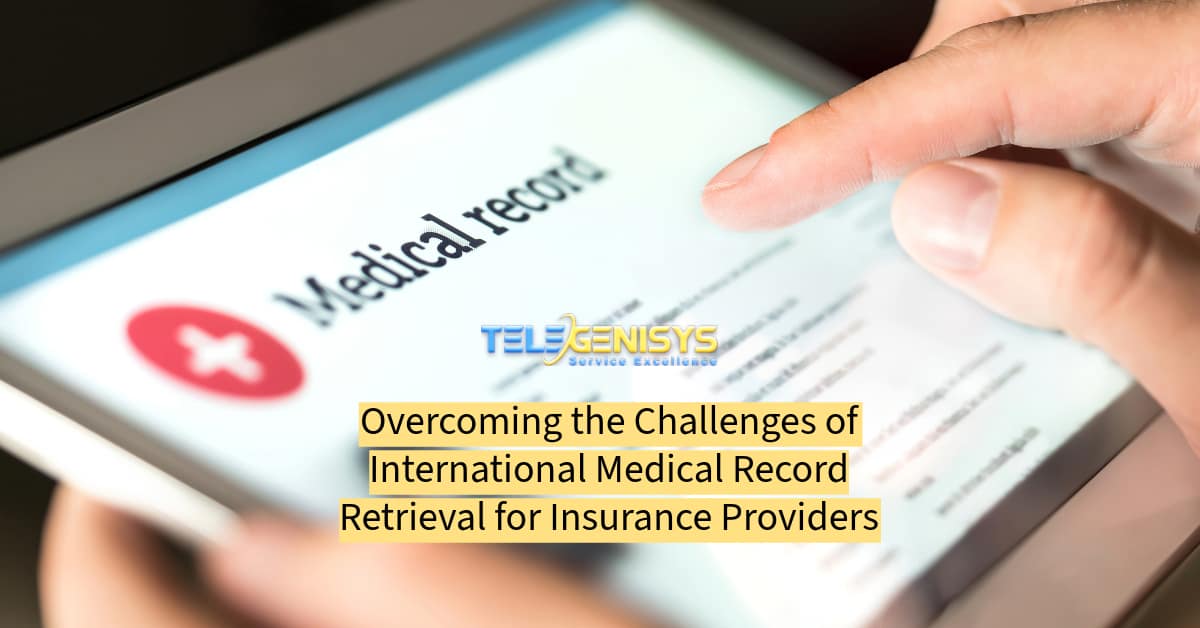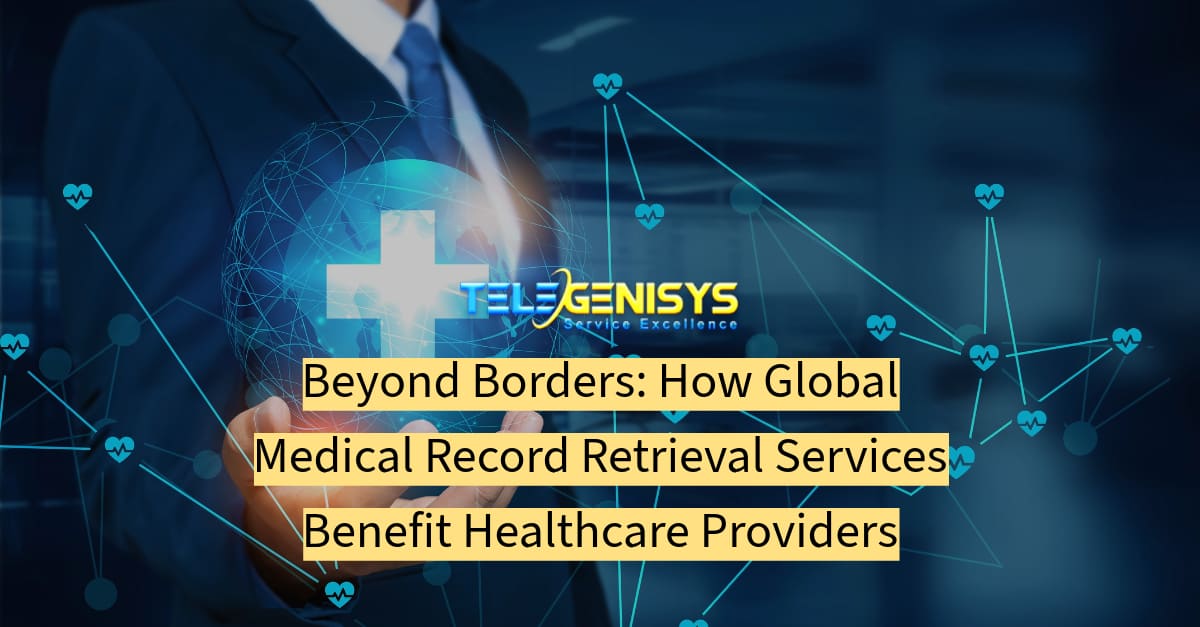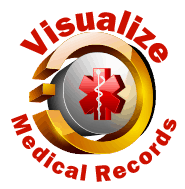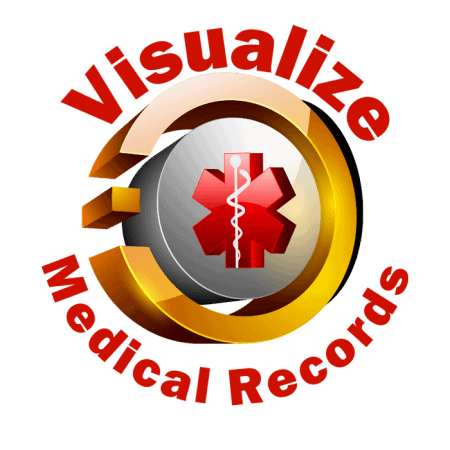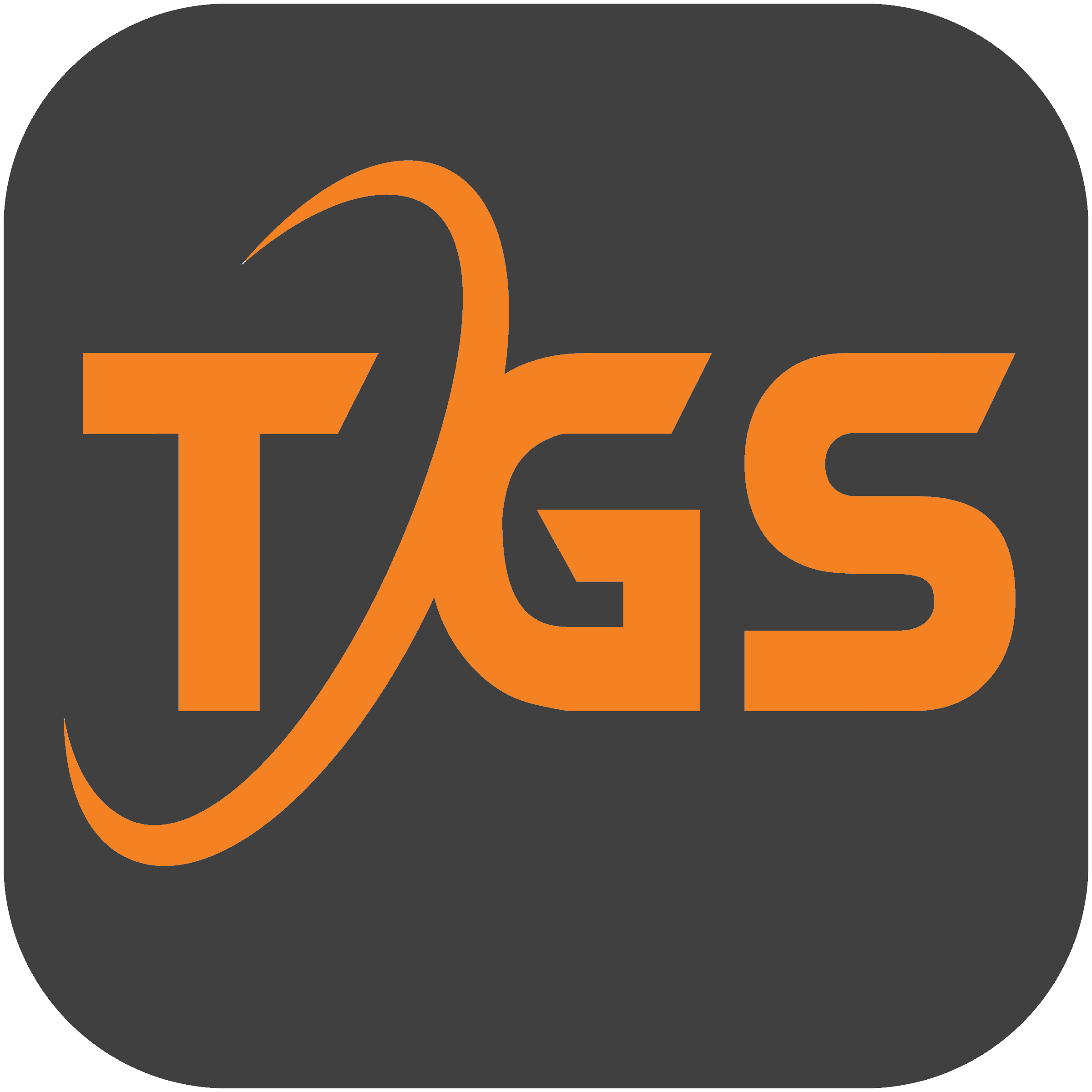Telegenisys releases great pointers for continued medical record retrieval services through the pandemic lockdowns.
“Our primary takeaway from our experiences so far is that empathy and consideration are far more effective at getting results than demands. During this pandemic we held frequent touch-base sessions with our staff to see how we could deliver results while also accommodating the real challenges faced by records departments and custodians of medical records,” said Mark Merani, CEO of Telegenisys
“In addition to testing records received to ensure readability and adequacy we took measurable steps to ensure that more than 90% of the data we receive is digital. Making sure that our clients get readable records that are adequate for their use case improves our quality of service and reduces repeat requests to medical offices which are always appreciated especially during this pandemic,” said Henry Cobb, Vice President Of Operations.
Voices From The Pandemic
As the pandemic struck the Telegenisys team encountered responses from medical facilities that had been overrun by cases.
Automated Responses
“We are currently working from home, kindly fax your requests to: xxx.xx.xxxx, our current response time is 4 months”
“Our department is working remotely and accepting requests by fax to: xxx.xx.xxxx”
“Our Office is closed due to Covid-19 Pandemic, kindly email your requests to: xxxx.com and will respond to you at earliest.”
“Medical Records is working remotely, kindly submit your request online at xxxxx.com/medical records/ and follow the instructions.”
“Please submit a request to our Third-Party Processing Company (Ciox Health/ROI/Chartswap/Medicopy/Chartpro) and will respond to you at earliest.”
Human Responses
“As we (MR) is working remotely, we have to send these records to get it certified by doctor which takes another 24-48 hours in the process to send records back to you.”
“Billing team is working remotely, once the invoice is ready it will be faxed/mailed to you as specified in the request.”
“Your request is pending because our Manager is on Leave, and there is no one else to approve the release.”
For facilities using portals: “takes 30-45 days to process the request because the facility delayed in entering the request to patient’s portal”
What affects record custodians
Regional news and density of infection – Through late 2019 and 2020, governmental regulations in most countries’ rules prevented non-medical staff from working at the facilities. Hospitals concentrated all their efforts and assigned all the staff to the most pressing challenges focused on testing and caring for patients with established or suspected exposure to COVID-19 and keeping staff safe at the same time. Healthcare facilities did not have enough space and provision to accommodate the ever-growing number of COVID-19 patients. Frontline workers faced a crisis in procuring personal protective equipment (PPE), testing, staffing, supplies, and durable equipment; maintaining or expanding facility capacity brought substantial financial concerns.
Providers had to prioritize issues related to the pandemic vs. solving administrative issues, which were a lower priority.
By February 2021, hospitals were functioning in “crisis mode” over an extended period, and this created new and different problems than the ones experienced earlier in the pandemic and exacerbated longstanding challenges in health care delivery, access, and health outcomes.
In light of this unprecedented crisis, records departments were a much lower priority.
Most non-front line staff were working from home by this time. There was a genuine psychological impact on them. In order to share records, there was the stress of maintaining compliance, the accessibility of records, and the equipment to ensure secure touchless deliveries. Records department staff sounded anxious during calls made by Telegenisys team members to check the records’ status. The counterparts at the providers/facilities even voiced concerns with the MRR team’s callers. A sympathetic ear is often crucial during anxious times.
The most common concerns include:
1. Access to older physical records may be difficult.
Medical record Retrieval of older medical records is difficult even without lockdowns. Lockdown made it all the tougher with reasons such as:
- Office is closed
- Increased days off
- Offsite records not available for extended periods
- Custodians for closed practices are slower to respond
2. Local logistics.
Local logistics require a lot of running back and forth between providers and the medical records department. All non-medical services being shut down, getting in touch with operators was almost impossible. Issues faced included:
- Getting provider or manager approvals
- Access to supporting departments (mailroom, MIS, and others)
- Patient verification issues (Some providers require patient approval by phone in addition to the signature).
- Be reasonable about commitment requests.
- Negotiate responsibly
3. Mail delays
Few will vouch for the postal services with no tracking and indeterminate delays.
- The performance of the postal service was spotty. Most providers use USPS for records delivery.
- During the COVID-19 pandemic, the Postal Service faced unforeseen and uncontrollable challenges, including higher package volumes and employee absenteeism.
4. Digitization and handling delays
Converting paper records to electronic formats needed people to manually manage this conversion. WIth lockdowns in place, the movement of these experts to required locations was likely the biggest challenge.
- Like other providers, subcontractors who handle part of retrieval workflows were similarly impacted, often causing unforeseeable delays.
- The movement of people and vehicles was prohibited.
Telegenisys Inc. managed to keep its services going smoothly because of the proactive approach and stable internal resources they set in place as soon as the outbreak began. Digital retrieval helped retrieve records even when hospital staff could not be at work due to fighting Covid-19. They were able to maintain client service for clients around the world during this time. The MRR team worked diligently throughout the crisis in coordination with the hospital staff working remotely from home.
Medical facilities were shutting down non-medical activities, and employees were working from home. Faxed requests were piling up in the hospital’s closed administrative offices. Telegenisys staff was empathetic to the situation. They understood the problems and limitations of working from home. In coordination, both teams worked around this situation quickly by getting the phone numbers and emails of responsible persons (who were working from home). The MRR staff then sent secure links with the records authorizations and requests that included complete documentation to the person who could remotely process the records. This activity saved the back and forth communication for missing authorizations and legal requests.
On January 5, 2021, the Health Information Technology for Economic and Clinical Health Act (HITECH) amendment HR 7898 became law and requires the Secretary of Health and Human Services (HHS) to consider “recognized cybersecurity practices” when deciding Health Insurance Portability and Accountability Act (HIPAA) fines and/or audit and mitigation solutions. What this meant was HITECH mandated secure electronic handling of patient health information (PHI). Now facilities did not deny electronic transfers of medical records. This helped reduce errors causing data loss and data entry errors. Prior to this law, only 10% of the facilities used electronic health records (EHRs). HIPAA Journal says over 86% of the facilities are adhering to HITECH regulations with the help of medical record retrieval companies.
HITECH Law has helped expedite the process, saving time in postal deliveries, reducing printing costs and time to do it, and eliminating the risk of misplacing the records. Telegenisys now retrieves digitized records from secure platforms like ChartSwap, Ciox, ShareCare, DirectRelease. Images are sent using Dicom. This is a simple process. The authorized request is sent to the hospital by fax or an email that shares the secure link to the stored request. They accept the request and process the records. Once the records are ready, an invoice is generated. Upon payment, the records are released immediately.
Telegenisys then proceeds to download the records of their secure Citrix ShareFile. The records are then checked for image quality, clarity, and sufficiency, i.e., availability of all requested records. These are then shared with the client as a secure link to download the records. These records are stored for 180 days and then deleted automatically unless specifically requested by the client.
A Georgia Attorney: “Telegenisys has a dedicated team for our Medical Records. They know our requirements well. The team is helpful, punctual, responsive, and proactive. Any issues with requests are communicated and resolved without multiple follow-ups. They retrieve records with a reasonable turn-around time and do a great job getting rush requests. They have supported us in retrieving our required records despite lockdowns during the pandemic. We receive the documents electronically, and the image quality of the records is clear”.
MRR during the pandemic was made possible by the patient and competent team members. Telegenisys staff has always maintained good rapport with medical records department professionals, and they were happy to help as these electronic methods helped reduce their backlogs as well. Telegenisys ensured timely follow-ups and coordination with remotely working professionals and successfully retrieved records not only from large hospitals and private clinics but also from rehab units, imaging units, and laboratories.
Telegenisys Inc. also accepts new requests to do chronology and summary on the retrieved records. Telegenisys Inc. has maintained its medical records organization services and medical summary creation for the existing clients. Telegenisys Inc. has retained all employees throughout the pandemic.
The proactive approach to managing client service during the pandemic is indicative of the commitment and reliability Telegenisys has offered for over 25 years.
In addition to their professional clients, Telegenisys also helped retrieve personal medical records for individuals. The attentive Telegenisys staff ensured that all requests were delivered electronically with clarity and sufficiency, saving time and rework for these customers.
Pandemic Rules
- Maintain the context of your work vs. emergency stakeholders are dealing with.
Understand the requirements and communicate transparently. - Prepare clients for delays, include them in the intelligence-gathering process.
- Prevent Reasons for delays.
- Do not make sloppy and incomplete requests.
- Ensure signatures comply with the facility’s requirements.
- Ensure all provider policies are followed.
- Avoid duplicating requests.
- Leverage relationships with the staff on the other end.
- Follow through on intermediate providers who have exclusive relationships.
- Super urgent follow-through specialists pick up relationships with copy services.
- Pre-determine record sufficiency
About Telegenisys
Telegenisys Medical Technologies Group is a division of Telegenisys Inc. a Delaware company with primary offices in Fairfield, California. The group operates on two continents with a second office in Pune, India. This group has worked with medical records for over 15 years and works on over 2 million medical record pages per year. The group is composed of a variety of medical personnel and data scientists. The primary purpose of the technology group is to develop simpler ways to understand and measure medical outcomes. Having easy to visualize medical referencing as a core goal, Telegenisys produces Medical chronologies, medical summaries, life expectancy abstracts, custom data extraction, and a wider variety of reports for legal, insurance, pharma, healthcare, and research. From genomics to life expectancy our work with medical records is precise and Telegenisys’ software-assisted services are unparalleled.
Contact Info
Mark Merani
Telegenisys Inc.
+1 844-903-0777
sales@telegenisys.com

 Telegenisys managers host moderated press releases with updates weekly or more often. We hope you will enjoy news streams.
Telegenisys managers host moderated press releases with updates weekly or more often. We hope you will enjoy news streams. 